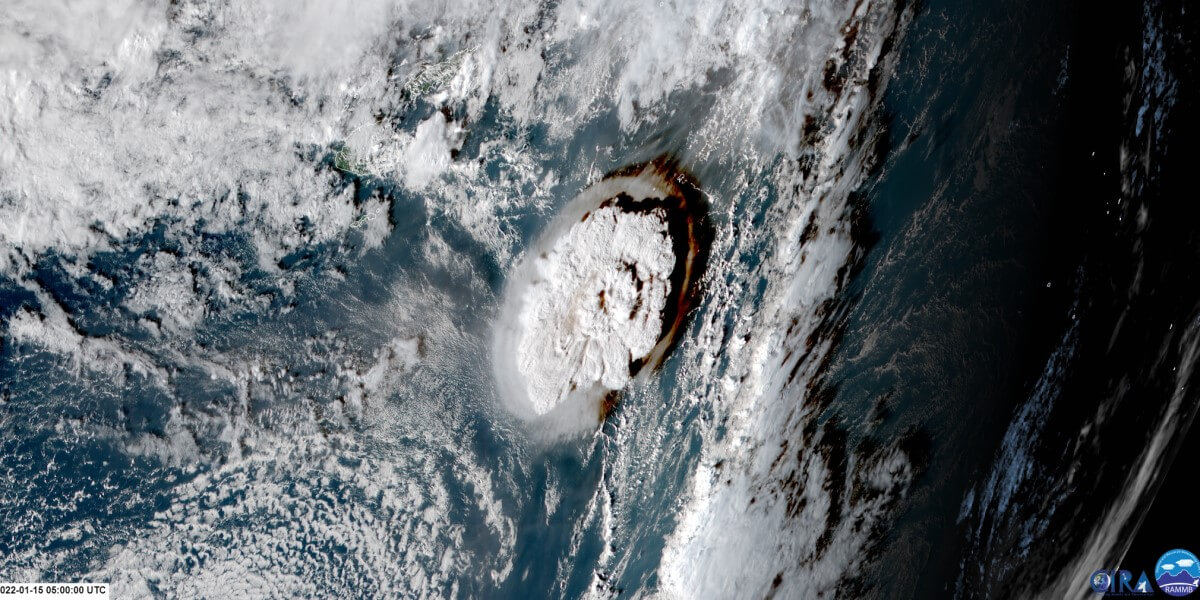I was recently asked how reliable our technology is for giving us warnings about eruptions.
The answer is complex. It’s a mix of our technology, the people we have monitoring our volcanoes, how well we understand our volcanic systems (those are often influenced heavily by how much funding we have), and the volcano itself.

Janine Krippner
The global field of volcanology is always working on new ways to monitor volcanoes and every now and again a game changer pops up. Recently we have seen the rise of drones that we can use to map changes on volcanoes, collect images and video, take measurements, and even collect samples of rock, ash, gas, and fluids. We can do this in areas where we would be in danger with our fragile human bodies. In the past few decades we have had an explosion of satellites that collect all sorts of valuable information from space. Our technology keeps improving and a lot of research goes into understanding how to use it specifically for volcanoes and eruptions.
All the technology and methods we use take money, as well as people’s time, and we don’t get enough. The technicians who develop, install, and maintain our equipment are critical, especially in harsh volcanic environments where things tend to break or corrode. Even simple webcams take maintenance of the data collection and transmission systems that they run on. It takes a team.
We need the right human expertise and experience in our universities and monitoring agencies – GNS Science in our case. Each different part of volcano monitoring takes someone not only understanding it in depth (what processes produce what sort of seismic signals), but also pushing our knowledge forward (finding and understanding new signals). We can have all the data in the world on what a volcano is doing but we need someone who really understands it, all the limitations and exceptions, and how to interpret and apply it. I may be an expert in volcanoes, but when it comes to something like seismology that is way over my head, we need volcano geophysicists for that. We all have our specialities and technological needs.
All of this must be put into the context of the volcano itself. We work to understand past eruptions and the complex magma systems below by analysing the rocks from eruptions past. Different dedicated laboratories detect and measure different elements in the components of the rocks (glass, crystals, and trapped gas or fluids). Complicated computer models are developed using the physics of volcanic processes. The eruption deposits themselves tell us about how each part of an eruption behaves and changes through time. We also mix in geophysics (studying the rocks within the Earth) and gas chemistry (released from magma). All of this takes tools from simple rulers and cameras to multi-million-dollar lab equipment.
Why is this important? Because the cost of an eruption to society can also be severe. The more we understand our volcanoes and prepare the different aspects of society (like utilities companies and farming communities), the more we can reduce the impact and speed up recovery. This is simply a part of living in a volcanically active country, on a very volcanically active planet.
For volcano monitoring in New Zealand GNS Science/GeoNet online shows some of the monitoring outputs like seismicity and webcam images.

Hunga Tonga–Hunga Ha’apai eruption in Tonga









